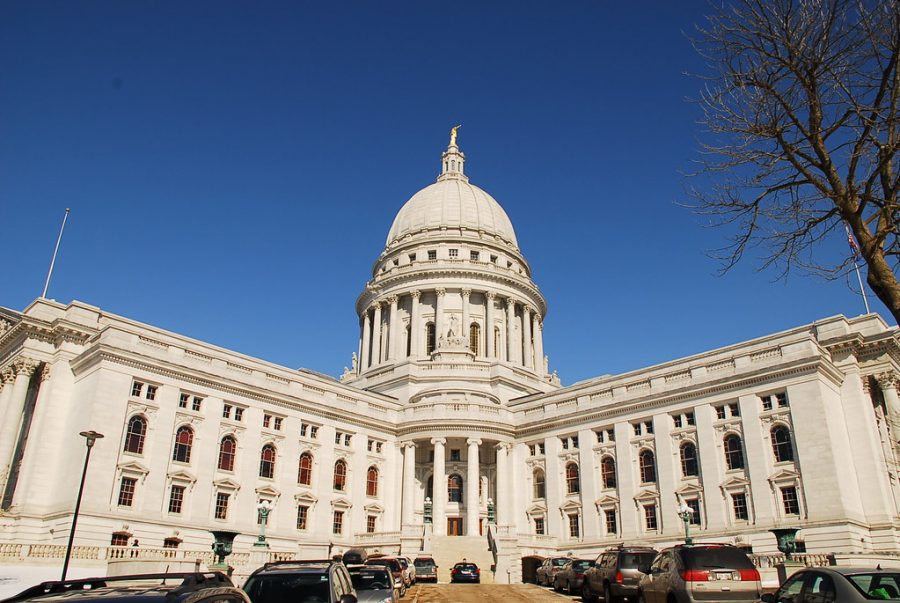At Thursday’s Marquette Student Government meeting, the student organizations committee added another group to Marquette’s list: the Tea Club. But despite the fact that Marquette now has more than 260 student organizations, MUSG voted to decrease student organization funding in its March 8 meeting, because not enough money is being requested and allocated.
Trent Carlson, MUSG executive vice president and chair of the budget committee, said the decrease was in response to trends MUSG has been seeing in student requests for the funds available. When that money is not used, it goes into a reserve fund where no one can use it.
Jon Dooley, MUSG advisor and senior associate dean of student development, said the purpose is of the reserve fund is to maintain excess funds remaining from the annual MUSG operating budget.
“In a year where their revenues exceed their expenses, they deposit that difference into the reserve fund,” Dooley said in an email. “In years where expenses exceed their revenues –– somewhat more rare recently –– they withdraw the difference from the reserve fund to meet their financial obligations. The reserve fund is connected to MUSG’s budget as a whole, not just the SOF line.”
Dooley said the reserve fund varies from year to year.
“MUSG is required by its policies to always maintain a reserve of at least 10 percent of their annual operating budget,” he said. “In recent years the reserve fund has hovered around $200,000, depending upon allocations they may make to support various one-time projects. Their goal typically is to try to spend as much of their collected revenues in the year they are collected and to return as little money as possible to the reserve fund.”
Carlson said the SOF decrease is intended to fulfill that goal.
“We want to see students get the most out of (annual funding) and use it to its full potential,” Carlson said.
MUSG Financial Vice President Brittany Riesenbeck said the 30 percent level is not permanent. She said MUSG has the freedom to increase and decrease funding as needed.
“It’s not a restrained floor of allocation, it just gives us leeway to respond to trends we’ve been seeing,” Riesenbeck said. “What we’ve been seeing these past couple years is that the money allocated goes unused.”
Sterling Hardaway, MUSG chair of student organizations, said he doesn’t think that the decrease will affect student organizations negatively. Hardaway said that if funding trends changed, MUSG would adapt.
“I think the good thing about student government is that if we see changes, we can always adapt to those,” Hardaway said.
Riesenbeck said earlier perceptions of the funding being decreased for off-campus events was a misinterpretation of the legislation. She said the new fiscal year will begin June 30, and changes will take effect next year.





